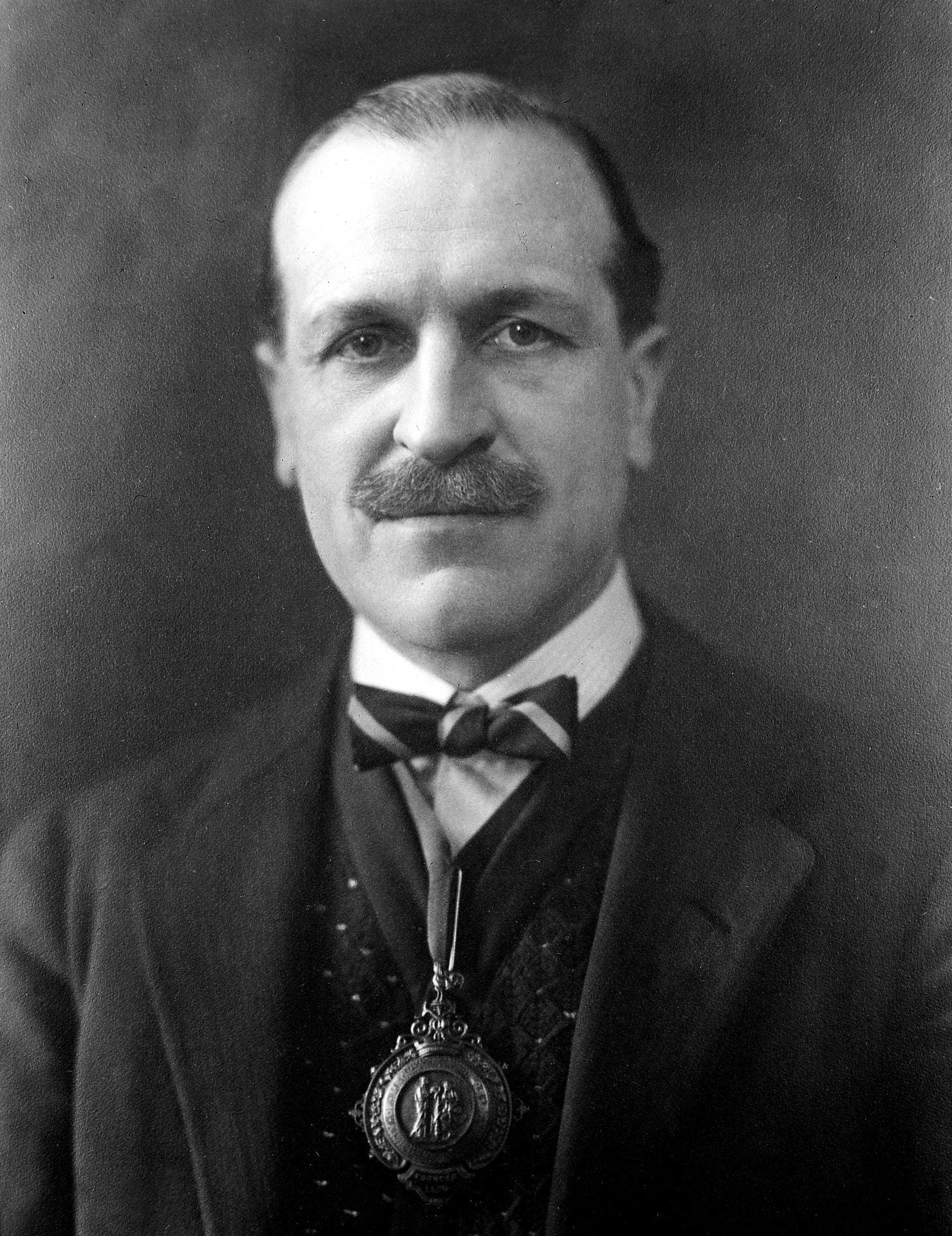Sir Francis Edward Fremantle (29 May 1872 – 26 August 1943) was a British physician.
While serving as County Medical Officer of Health for Hertfordshire, England, he was allowed to leave his work to travel for a period of 18 months, by the grace of his employer. His objective was to study the problems of public health in the Far East and the neighbouring countries. His aim was to persuade the public of the significance of these problems, and to secure a due attention to their solution in the future administration of the British Empire.
In his book, A Traveller’s Study of Health & Empire, Fremantle wrote down his experiences in a series of essays intended for the general, rather than the professional reader. The first chapter is a graphic account of anti-plague measures in India in the Lahore district of the Punjab. The beneficent effects of scientific research when practically applied are exemplified by the work of various institutes of medical research at Kasauli, a colonial hill station; Parel near Bombay; Kuala Lumpur in Malaya; Saigon in French Indo-China; Shanghai and Tokyo.
Fremantle also tackled the subject of town planning alluding to the experience of Kuala Lumpur where he lauded the foresight of the president of the sanitary board; Essen in Germany; Winnipeg in Canada and various American cities. He advocated the formation of garden cities and industrial villages rather than of residential suburbs, the idea being to check the inordinate growth of huge towns, and to promote the “colonisation” of the country.
Besides essays on public health, housing and town planning, Fremantle also wrote about religion and the Christian missions in China, and the evacuation of Niu-chwang, a Chinese treaty port in Manchuria during the Russo-Japanese War, and the aftermath of the War.
After the First World War, Fremantle turned to politics and served as the Member of Parliament of United Kingdom until his death. A frequent speaker in parliament, he was recognised as a spokesman for the medical profession. Fremantle dedicated his life to promoting public health, and was knighted in 1932, for “political and public services”.
This book has been selected by scholars as being culturally important, and is part of the knowledge base of civilisation as we know it.


